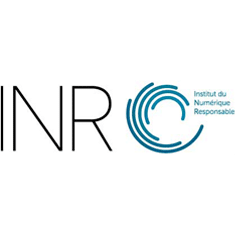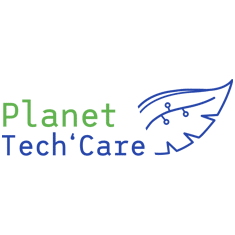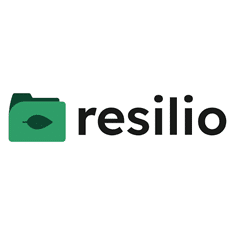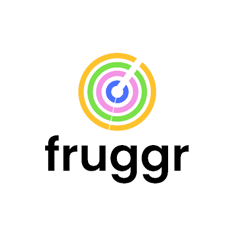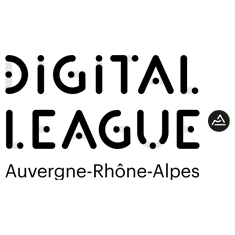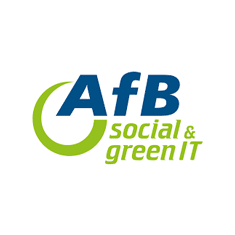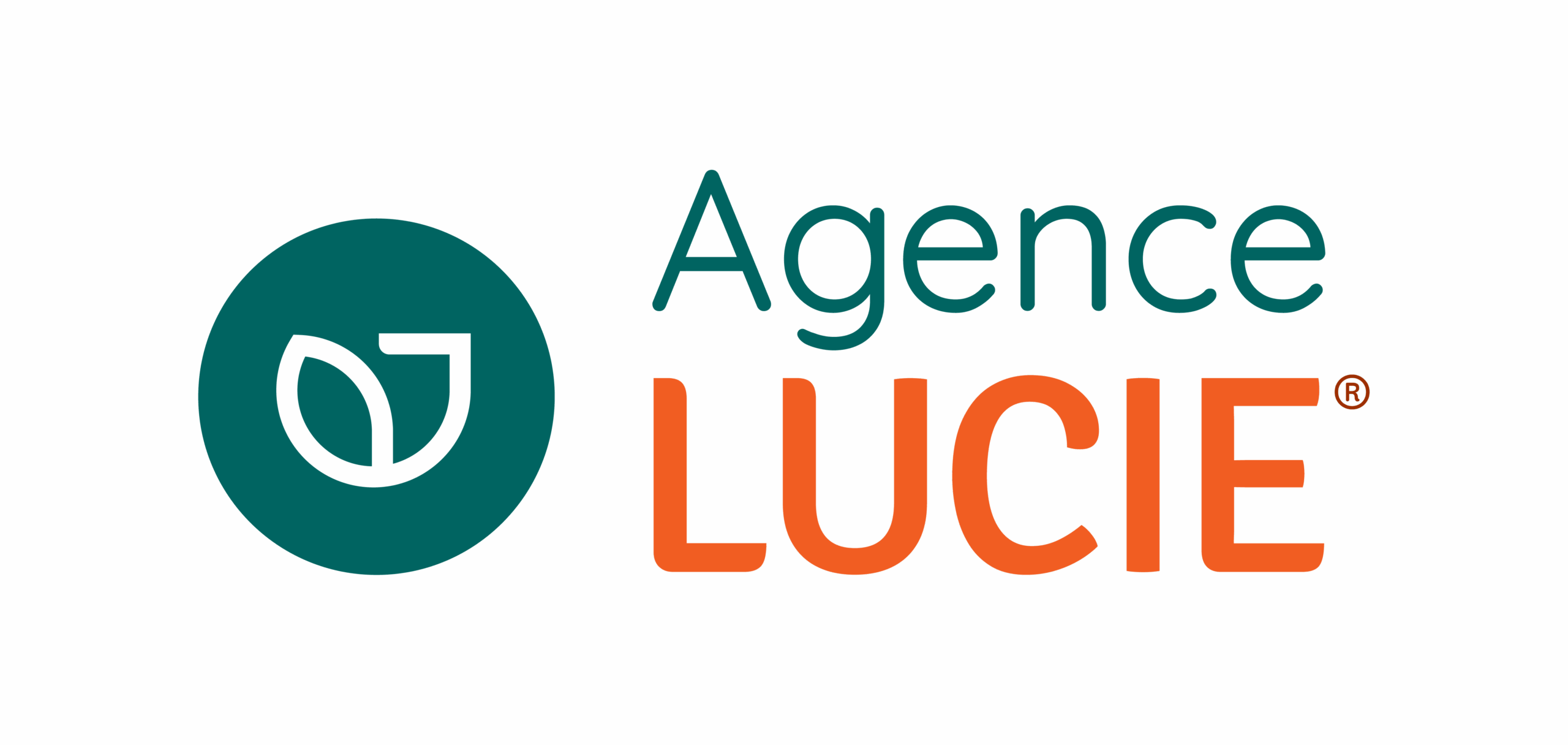Digital Responsibility
Digital technology has become an integral part of our daily lives, fundamentally transforming the way we live and work. Yet the digital age also brings with it very real challenges, amplified by the relentless march of technological progress—a process that’s both pushing up demand for energy and placing further strain on resources. Even without these advances, our use of digital technology is already having a significant impact. In 2019, digital technology accounted for around 4% of global energy consumption and greenhouse gas emissions: a figure that underscores the need to rethink our approach. The tangible impacts of digital technology once seen as a solution without limits are now becoming clear.
As a technology company, Hardis Group has taken stock of this situation and decided to take action, drawing on our awareness of the underlying complexities and contradictions to embark on a transition to a more responsible digital future. In practice, this means assessing our footprint, acknowledging and owning it, and taking the necessary measures to reduce it, step by step. For us, what matters is playing our part and using the means at our disposal to drive collective change over the long term.
Hardis Group: combining innovation and sustainability for long-term growth
Our awareness of the impact of digital technology has compelled us to act. At Hardis Group, this collective “awakening” marked the start of a process of transformation, where we moved from thought to action. Our first step was to focus on our internal systems and process, taking concrete steps to shape a more responsible digital environment. Now, we’re putting the extensive, coherent body of expertise we built up through this process to work for our customers. Act first, share later: that’s our approach to inspiring and driving lasting change.
Playing our part
At Hardis Group, our digital responsibility drive began with internal initiatives, using recognized frameworks to make sure we were on the right track. We reviewed our practices with a view to measuring and proactively reducing our environmental footprint. Measures included extending the lifespan of our IT equipment from three to four years, working with specialized partners such as AfB to recycle and recover hardware, and hardwiring eco-design and accessibility principles into our internal projects all of which demonstrate our determination to build a more sustainable and inclusive business model.
Supporting our customers on their responsability journey
Having begun transforming our internal practices, the next, natural step was to turn our attentions outward. By honing our skills and training a dedicated team, we’d built up extensive expertise, enabling us to chart a path toward a more sustainable and accessible future, in line with our vision, for our three entities, Hardis Tech Services, Hardis Supply Chain and Cloudity. Backed by experience, we were able to pursue a new, wider purpose: sharing our expertise and supporting our customers on their own digital responsibility journey.
Hardis Tech Services :
A comprehensive approach to digital responsibility
At Hardis Tech Services, our purpose is to guide companies through the process of adopting sustainable digital services that are accessible to all. Through the step-by-step support we provide from raising awareness and building team skills, to obtaining recognized labels and certifications we help our clients deliver on their commitment to shaping a more responsible digital future.
The process starts with in-depth audits and assessments, using recognized frameworks, to identify areas for improvement. And we leverage strategic partnerships and multidisciplinary expertise to boost the impact of our actions, delivering practical solutions tailored to the specific needs of our customers. Our goal, in all of this, is to roll out eco-designed digital solutions that help our customers realize their goal of digital responsibility and sustainability.
Cloudity :
Developing sustainable integration practices
At Cloudity, integrating complex applications such as Salesforce presents immense challenges. While tools like these promise growth opportunities and performance gains, the accompanying constraints aren’t always easy to master. With this reality in mind, we take a balanced approach, seeking to maximize the positive impact of these technologies while factoring in their limitations. We train our people in eco-responsible practices and run initiatives such as Digital Collage workshops to raise collective awareness. Although the challenges we face are complex, we remain determined to find solutions and support our customers on their journey toward more thoughtful and sustainable use of the technologies they need to drive their growth.
Hardis Supply Chain :
Toward more accessible and sustainable software applications
The work we’ve done at Hardis Tech Services feeds directly into our approach to software publishing.
Through detailed life-cycle audits and ongoing optimization, we identify areas of high energy use and work to reduce consumption, delivering solutions that offer the best of both worlds: innovation and responsibility. We’re also working to make our software more accessible, in line with recognized standards in this area.
Digital responsability in action
Transport & Logistics
User Inclusion
Accessibility audit of a logistics application for French Web Accessibility Framework (RGAA) compliance.
Life-cycle analysis
Calculating the environmental footprint of a WMS, from development to end of life, in order to quantify and reduce impacts.
Skills Development
Training future digital responsibility specialists to raise awareness and spread sustainable practices for the transport and logistics sector.
Industry
Digital Collages
Holding of 13 simultaneous Digital Collages workshops to raise awareness among IT department employees and co-develop an action plan.
Integration of frameworks
Integration of eco-design and accessibility frameworks into the digital services design process.
Eco-Design and Inclusion
Redesign of a website in line with WCAG and WSG guidelines to meet user needs and regulatory requirements.
Retail, Luxury Goods, and FMCG
Team Building & Deployment
Workshops to raise awareness of the impact of digital technology, with a view to incorporating eco-design into a pilot project ahead of future scale-up.
Lucie NR certification
Support for obtaining Lucie NR certification, which provides external recognition of a successful in-house digital responsibility approach.
Digital responsibility road map
Assessing an organization’s maturity in order to implement an action plan in line with its CSR policy and initiatives.
Insurance
Responsible mutual insurance department:
Eco-design and accessibility compliance audit to identify best practices to be implemented within the department.
Eco-Designed Applications
Application redesign based on eco-design principles to reduce the environmental footprint of the bank’s services.
End-to-End digital responsibility tools:
Integration of tools to measure the impact of your IT facilities and roll out eco-design and accessibility KPIs.
Services
Data center impact assessment
Measuring, tracking, and reduction of energy consumption and CO2 emissions at our data centers.
Responsible IT policy
Sustainable IT hardware management practices, including extended lifespans, refurbishment, and recycling.
Responsible working methods:
Awareness-raising for staff to reduce the impact of collaborative digital tools.
